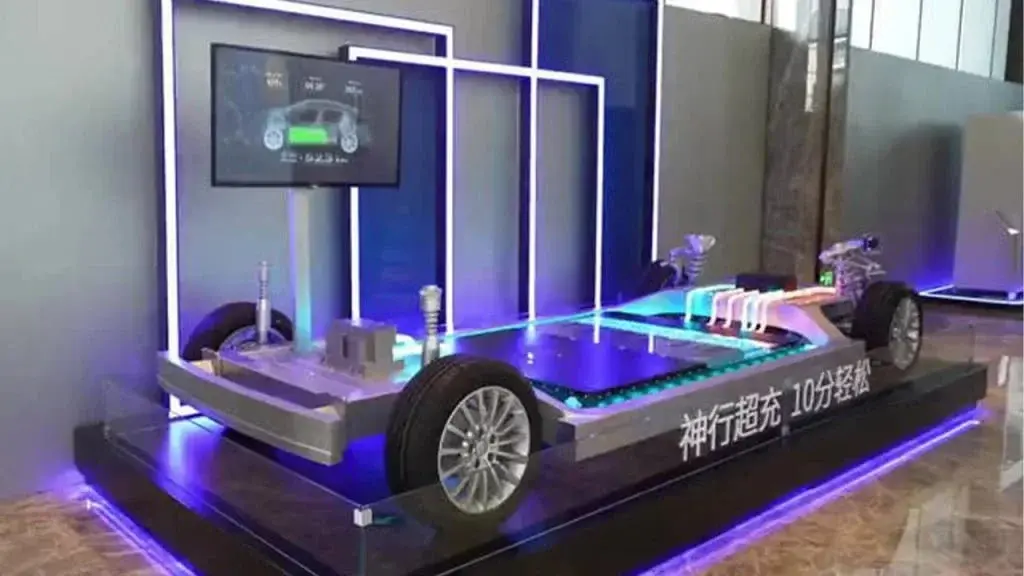Key Takeaways
1. SK On is developing new solid-state battery prototypes aimed at improving resilience and lifespan compared to current electric vehicle batteries.
2. The lifespan of electric vehicle batteries can now be extended to three times longer than the typical 100 charge cycles.
3. A new protective layer for lithium-metal anodes was created by using a solution with lithium nitrate, enhancing battery longevity.
4. Collaboration with Yonsei University revealed that longer curing times for protective layers can improve discharge capacity in polymer solid-state batteries.
5. A factory for testing these innovative batteries is being built in partnership with Solid Power, expected to be completed by late 2025.
SK On is a firm that focuses on the creation and production of electric vehicle batteries. They are currently working on two new solid-state battery prototypes that aim to be more resilient than the batteries we have today. A factory dedicated to testing these innovative batteries is under construction in partnership with Solid Power, with an anticipated completion date in the latter half of 2025.
Improved Battery Lifespan
Electric vehicles, like the latest Mercedes-Benz CLA, usually see their batteries lose efficiency after around 100 charge cycles. However, researchers at SK On have reportedly managed to extend that lifespan to three times longer.
Innovative Methods
To make this happen, the research team attempted to get rid of the protective layer on the lithium-metal anode by placing it in a solution containing lithium nitrate and other compounds. This approach inadvertently created a new, stronger protective layer.
The development of this new layer, thanks to lithium oxide, enhances the longevity of lithium-metal batteries. SK On has shared these discoveries in the ACS Energy Letters journal (as noted by Chosun Biz).
Collaboration with Academia
In addition, SK On along with Yonsei University studied how the lifespan of gel polymer electrolytes correlates with their thermal stability in polymer solid-state batteries. The researchers found that a longer curing time for the cathode’s protective layer leads to a decreased discharge capacity.
To investigate this further, they cured the protective layers of two batteries for varying lengths of time. The results showed that the battery cured for 20 minutes had a 34% drop in capacity, whereas the one cured for 60 minutes only experienced a loss of 9.1%.
Source:
Link


